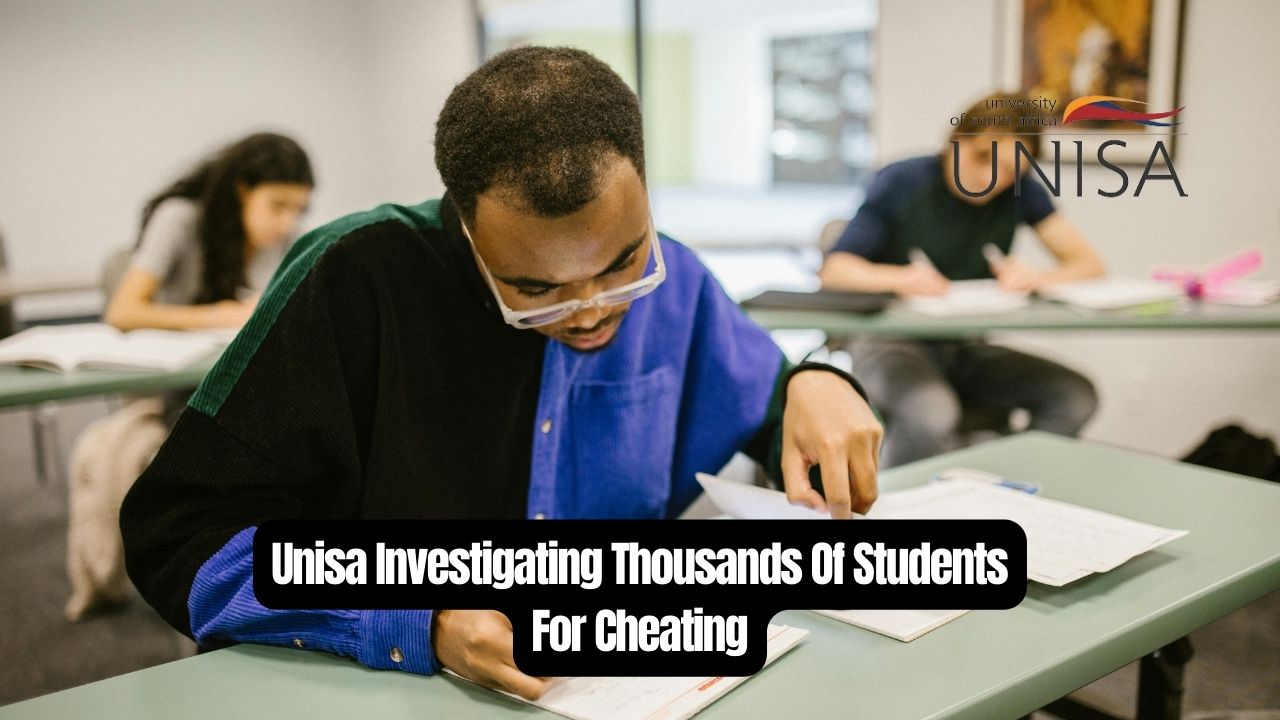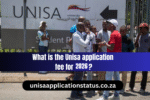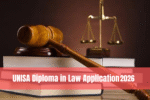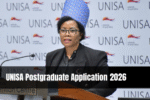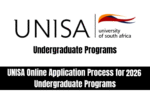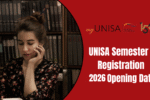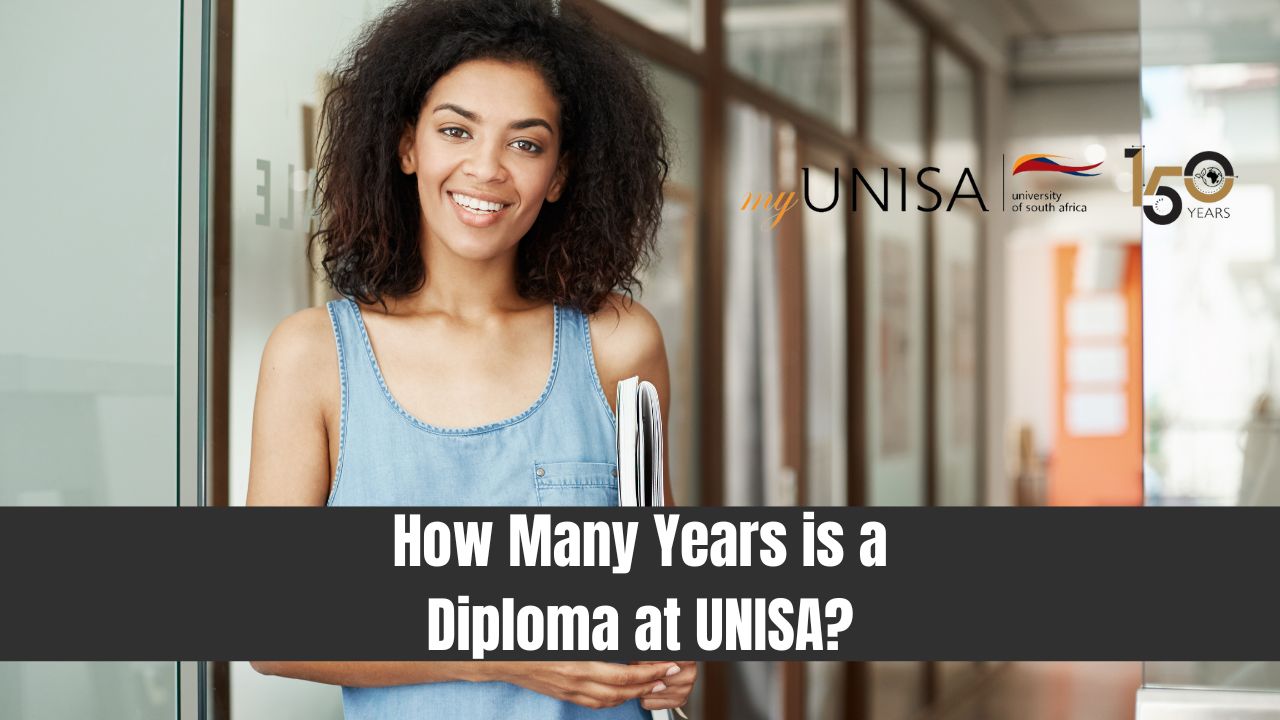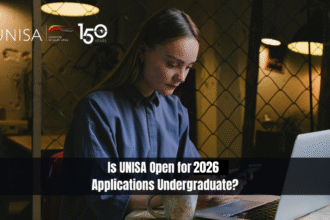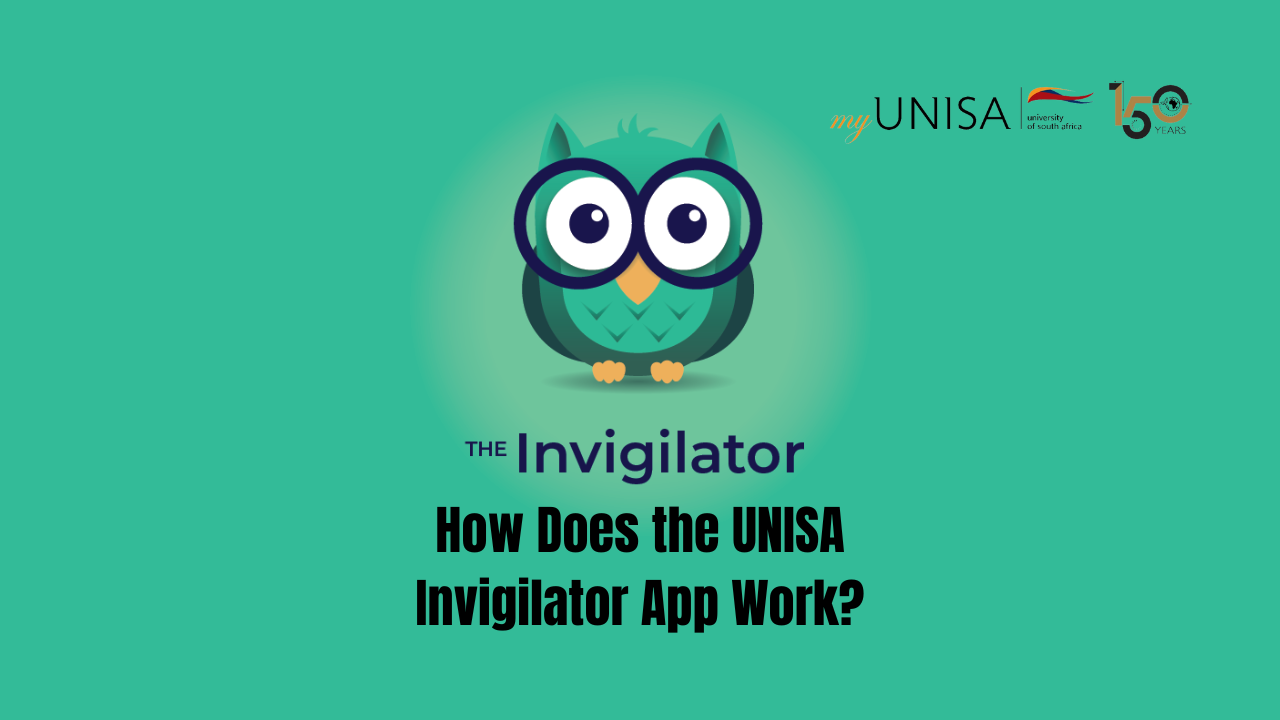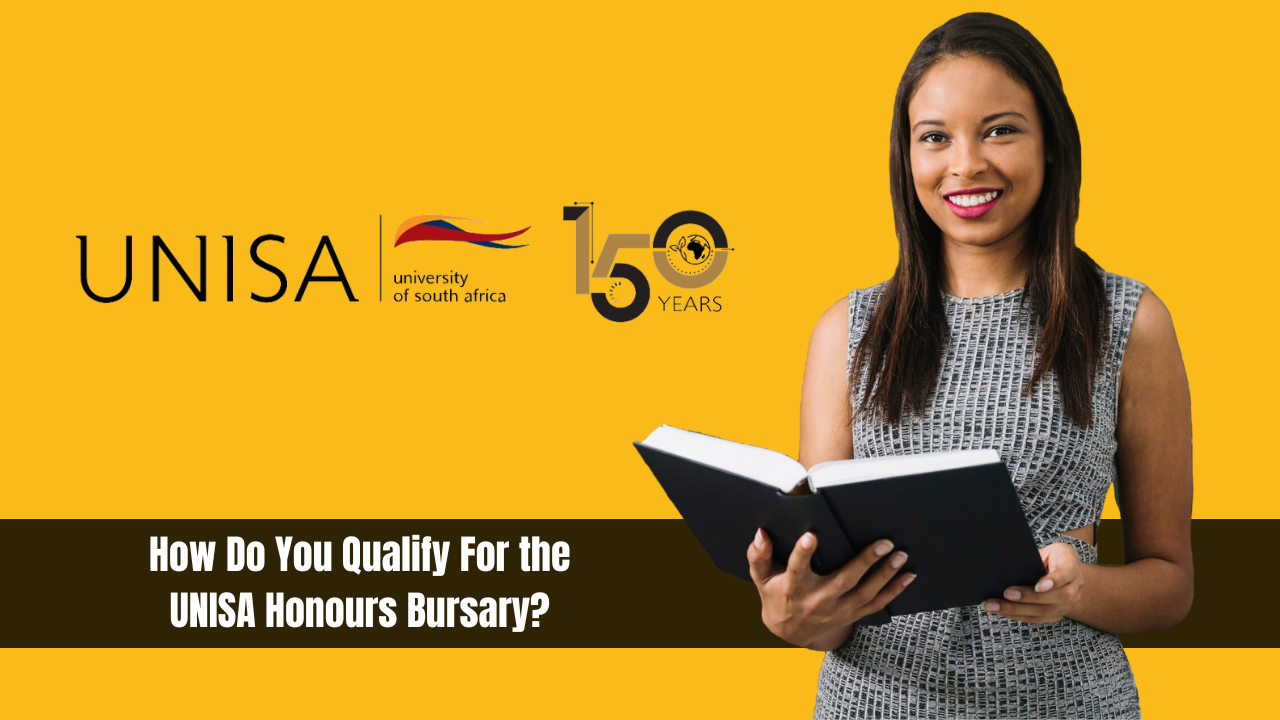UNISA Investigating Thousands Of Students For Cheating. South Africa largest university, the University of South Africa (UNISA), finds itself embroiled in a significant investigation into potential plagiarism and cheating among its student body. With approximately 15,000 students flagged by their online invigilation system, UNISA is delving into what could be a widespread academic integrity concern.
Shift to Online Examinations
UNISA operates on an Open Distance e-Learning (ODeL) model, where students pursue their studies remotely without the need for in-person classes. Recently, the university transitioned from traditional physical exams to online examinations, a move that might have inadvertently escalated the risk of academic dishonesty.
Challenges in Maintaining Integrity
Despite efforts to ensure the integrity of online exams through the use of proctoring tools, UNISA faces challenges. These tools, designed to monitor students during exams, have led to a surge in flagged cases of alleged plagiarism and cheating.
UNISA Stance on Plagiarism
UNISA maintains a stringent policy against plagiarism, considering it a grave offense. According to the university, all academic submissions must reflect the individual efforts of the student, without borrowing extensively from external sources without proper citation.
Navigating the Policies
To uphold academic standards, students are urged to familiarize themselves with UNISA’s policies on copyright infringement, plagiarism, and disciplinary procedures. Accessible resources such as the Policy on Copyright Infringement and Plagiarism and the Student Disciplinary Code serve as essential guides for students.
Concerns from Student Representatives
Asive Dlanjwa, spokesperson for the South African Union of Students, underscores the importance of a thorough investigation to preserve UNISA’s academic credibility. While acknowledging the concerns raised by affected students, Dlanjwa emphasizes the necessity of a balanced approach to address the issue effectively.
Balancing Integrity and Fairness
Dlanjwa highlights potential shortcomings in UNISA’s examination monitoring systems, citing instances where students discover issues only after receiving their results. However, Dlanjwa also acknowledges the absence of concrete evidence to deem the system wholly ineffective, given the relatively low percentage of flagged cases compared to the total student population.
Moving Forward
As UNISA continues its investigation, the university must strike a delicate balance between upholding academic integrity and ensuring fairness to all students. Addressing any flaws in the examination monitoring systems is imperative to maintain trust in the institution’s qualifications and safeguard the interests of its extensive student community.
Conclusion
UNISA investigation into potential cheating among its students underscores the importance of upholding academic integrity in higher education. Balancing robust examination monitoring systems with fairness remains crucial for preserving trust in academic qualifications.

